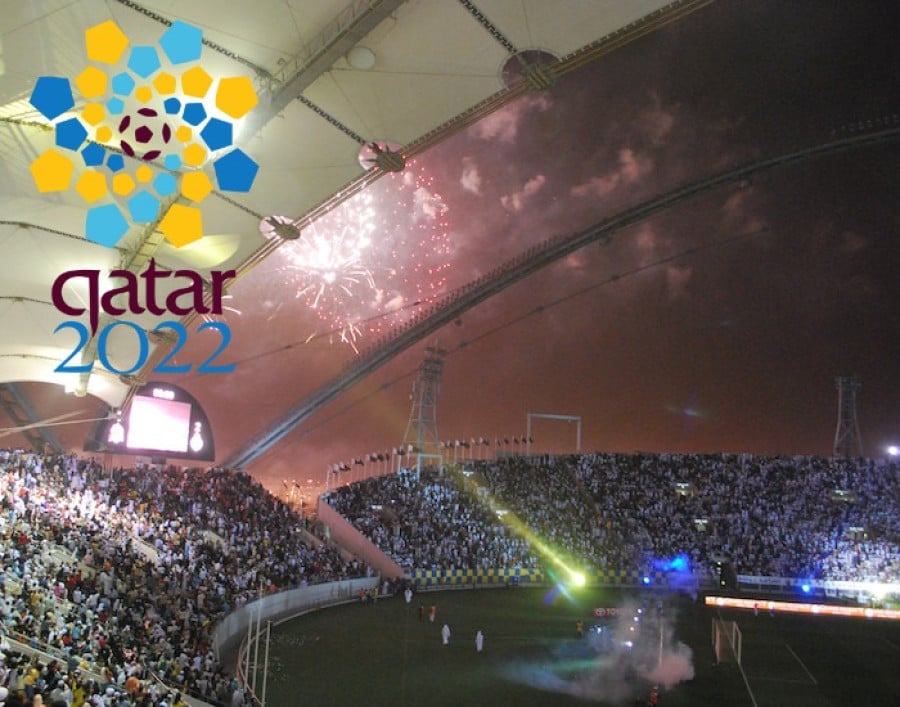What are the legal rights of affected parties from Qatar 2022 allegations?

At its core, the agreement between FIFA and Qatar to host the 2022 World Cup is contractual in nature and thus the situation based on the Sunday Times revelations is clear: the host contract is invalid and should not be allowed stand.
The application of this legal principle may be somewhat advantageous to FIFA. Last month, FIFA President Sepp Blatter admitted that FIFA’s awarding of the 2022 World Cup to Qatar was a "mistake" given the blistering summer temperatures in which the tournament will have to be played.3 In addition, human rights issues from anti-gay legislation to women’s rights to the conditions of 1.4million migrant workers on Qatari stadia sites have also embarrassed FIFA.4
Moreover, FIFA is well aware that the countries that unsuccessfully bid for the 2022 World Cup, and particularly the football governing body in Australia (FFA), are closely monitoring current developments. There have been hints from such sources of possible legal action for compensation premised on the fact that millions of pounds – an estimated £25million in the FFA’s case – was spent on preparations for a bidding process that now appears tainted.5
The above legal perspective is, however, predicated on two important points.
To continue reading or watching login or register here
Already a member? Sign in
Get access to all of the expert analysis and commentary at LawInSport including articles, webinars, conference videos and podcast transcripts. Find out more here.
- Tags: Anti-Corruption | Asian Football Confederation (AFC) | Australia | Contract Law | Corruption | Court of Arbitration for Sport (CAS) | FIFA | Football | Fraud | Governance | Integrity | Match-Fixing | Qatar | Regulation | Winter Olympic Games | World Cup
Related Articles
- Caribbean Sports Law: Warner feeling the heat from Qatar and Antigua and Barbuda FA sanctioned
- Match Fixing Update: major arrests in Singapore as FIFA claims World Cup threats successfully mitigated
- FIFPro calls for players to be more involved in the governance of football following corruption allegations
- FIFA Ethics Committee’s legal role in the investigation into the World Cup voting allegations
Written by
Jack Anderson
Jack Anderson is a Professor of Law at the University of Melbourne. He has published extensively on sports law, and most recently A Concise Introduction to Sports Law (Edward Elgar, 2024).
He is a member of World Athletics’ Disciplinary Tribunal and the integrity unit of the International Hockey Federation. He is an Ethics Commissioner for the International Tennis Federation and World Boxing. Jack is an arbitrator on Football Australia’s National Dispute Resolution Chamber, the National Sports Tribunal of Australia, and Sport Resolutions UK.




